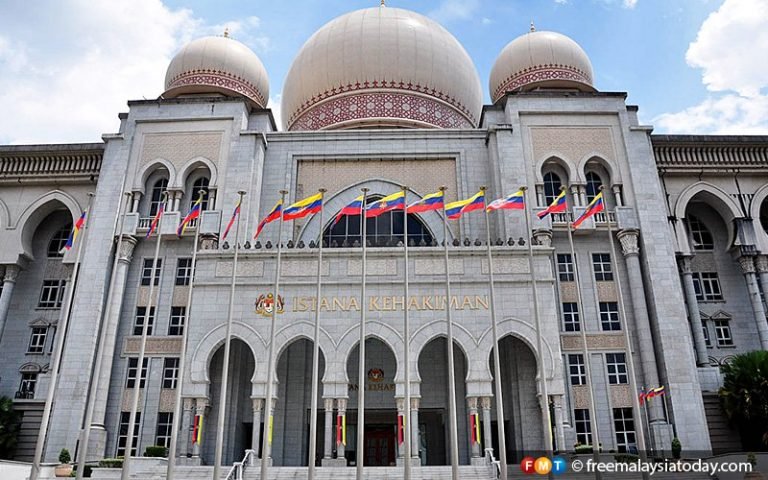Ex-Judge Feels ‘Fresh Air’ In The Judiciary After Dark Days Of 1998

Mah Weng Kwai, a retired Court of Appeal judge, said there was now “a feeling of a little more independence and space” after 20 years of negativity since 1988 when the head of the judiciary was removed from office.
(FMT) – Judicial independence in Malaysia received a breath of fresh air with the change of government in 2018, according to a former judge turned practising lawyer.
Mah Weng Kwai, a retired Court of Appeal judge, said there was now “a feeling of a little more independence and space” after 20 years of negativity since 1988 when the head of the judiciary was removed from office.
The sacking of Mohamed Salleh Abbas, then Lord President of Malaysia’s Supreme Court, has been viewed by many observers to mark the beginning of the decline of the judiciary.
“But things have started to improve, and quite quickly too,” said Mah, speaking to FMT. “Definitely, we don’t have the kind of political interference that we had many years ago.”
He said judicial independence had been reinforced in recent rulings about native land rights (the Semenyih Jaya case) and unilateral religious conversion (the Indira Gandhi case).
He said the Federal Court ruling in 2017 in the case of Semenyih Jaya Sdn Bhd v Pentadbir Tanah Daerah Hulu Langat had reinforced the constitutional principle that the courts belong to the judiciary and not to the executive branch.
This was so because the Federal Court had unanimously decided in the Semenyih Jaya case that a 1988 constitutional amendment to the Federal Constitution did not do away with constitutional concepts such as separation of powers and judicial independence.
The 1988 amendment had removed the constitutional definition that “The judicial power of the Federation shall be vested in a Supreme Court and such inferior courts as may be provided by federal law”. Instead, the amendment merely stated that “There shall be two high Courts of co-ordinate jurisdiction and status”.
Mah said the Federal Court had reinstated the judiciary’s position through its adoption of a dissenting judgement by Richard Malanjum, then Chief Judge of Sabah and Sarawak. (Malanjum later became Chief Justice.)
In the Indira Gandhi case, Mah said the Federal Court ruling had exercised the power of the courts to make necessary orders. “The result was the police were ordered to look for Indira Ganghi’s husband and produce the missing child as well, and that order still stands,” Mah said.
Mah retired from the judiciary in 2015, and returned to private practice. He was appointed a member of Suhakam, the human rights commission of Malaysia, and is currently a commissioner on the Judicial Appointments Commission.
Mah said that over the years, more and more members of the Bar had applied to become members of the Bench.
“They would tell us that they would like to join the bench (become judges) because many good things are happening, in terms of judicial independence. To me that’s a very good indicator we are on the right track,” Mah said.
✍ Credit given to the original owner of this post : ☕ Malaysians Must Know the TRUTH
🌐 Hit This Link To Find Out More On Their Articles...🏄🏻♀️ Enjoy Surfing!



















Post a Comment